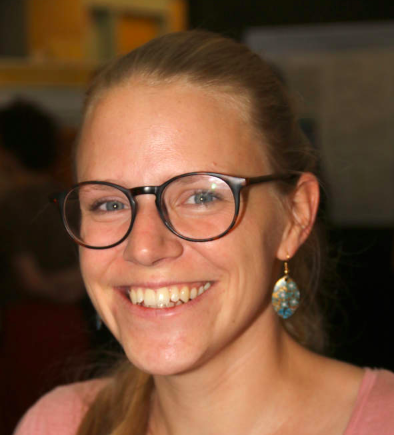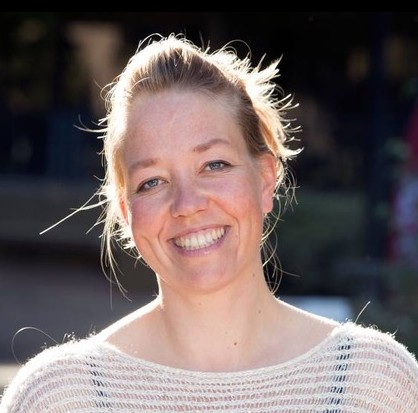2020-2021
How mantle flow changes sea level and ice sheets
Earth’s interior is constantly deforming. Over millions of years, sinking slabs and rising plumes stir the convecting mantle. Over thousands of years, ice sheets grow and decay, pushing the surface down or allowing it to relax back up as ice sheets melt. Both processes cause surface deformation, which can change sea level along coastlines and stabilize or destabilize ice sheets. I will describe the different physical processes that cause large scale mantle flow and illustrate how we can use geodynamic models to better understand them. I will show that these processes are closely linked to Earth’s climate system and demonstrate how mantle flow affects ice sheet and sea level change today and in the geologic past.
University of Hawai'i, Manoa ♦ University of Alabama ♦ Florida International
To slide or to flow: Studying extremes in different natural systems sheds light on common physical processes
How fast can ice sheets disintegrate? When do induced earthquakes pose unacceptable risk? Why do volcanoes erupt? The common denominator of what at first glance might seem like disparate systems is that deformation can occur either through distributed flow or trough localized sliding. The dynamic interactions between multiple solid and fluid phases − such as ice and meltwater, rock and wastewater, magmatic mush and gas − give rise to drastic nonlinearities that govern abrupt change. In this talk, I leverage insights from different natural systems to contribute to our fundamental understanding of the physical processes that govern the onset and evolution of extreme events. We approach this task through mathematical models, customized for the problem at hand and carefully validated against observational data from a broad spectrum of scales. I focus specifically on why it is beneficial to study these problems within a common model framework.
Utah State University ♦ California State University, Northridge


